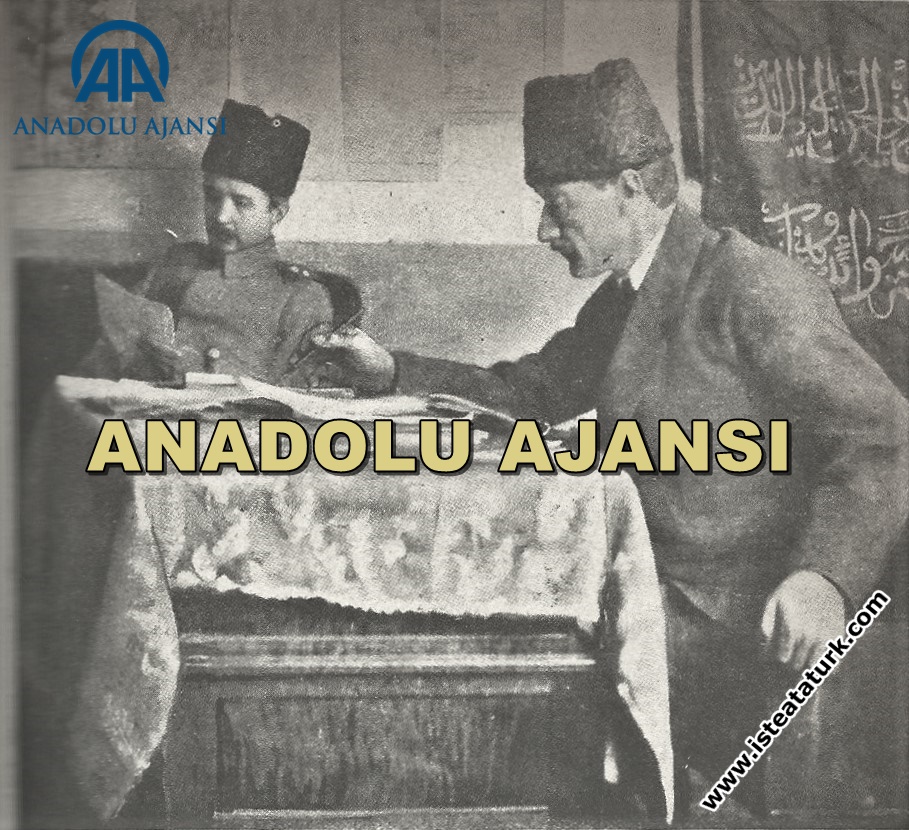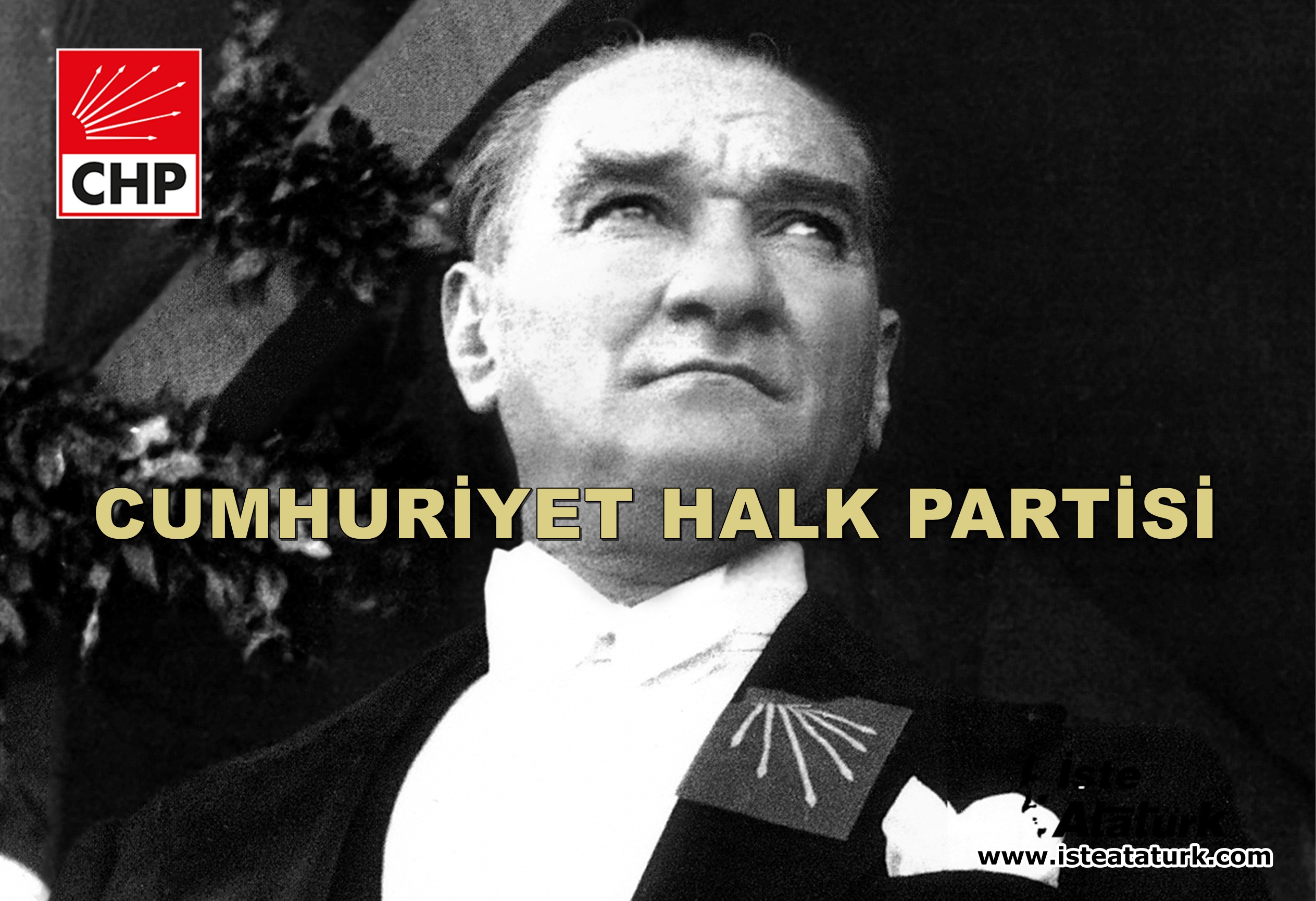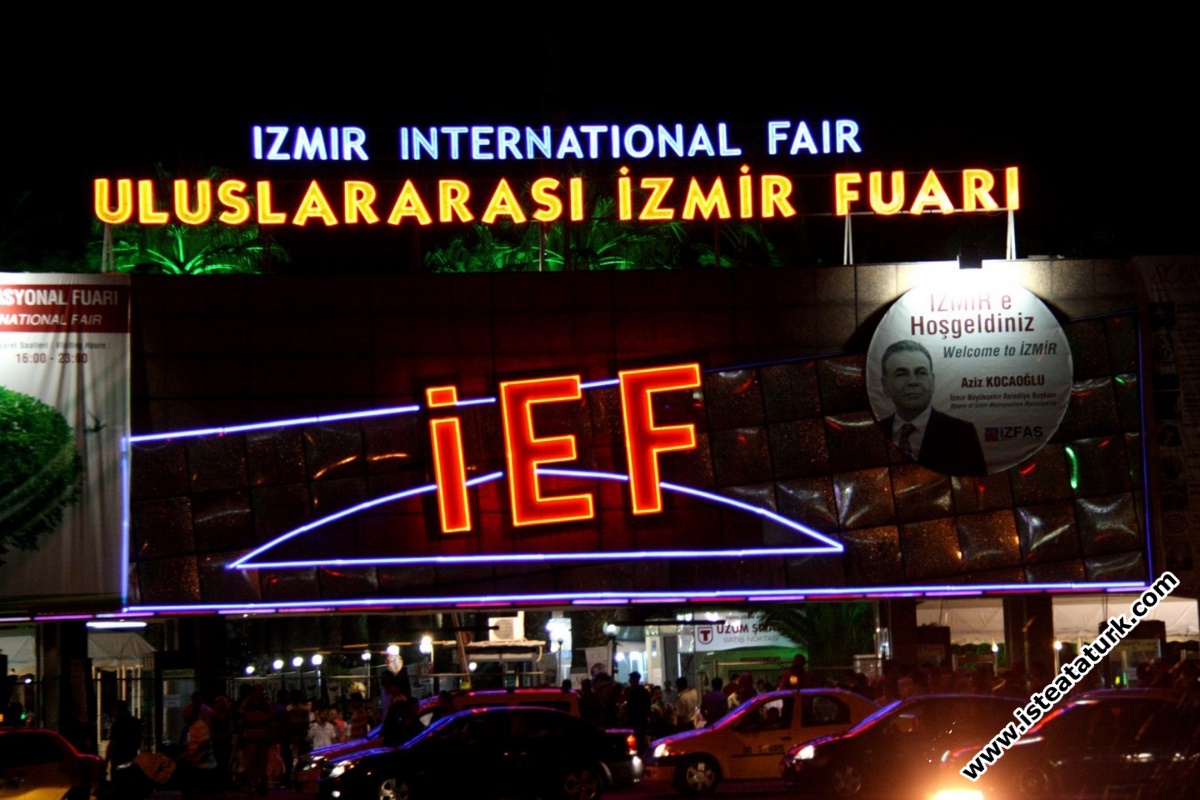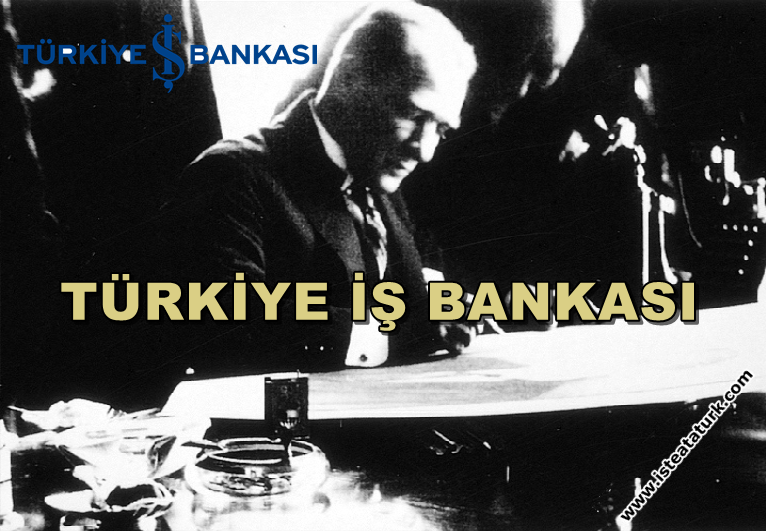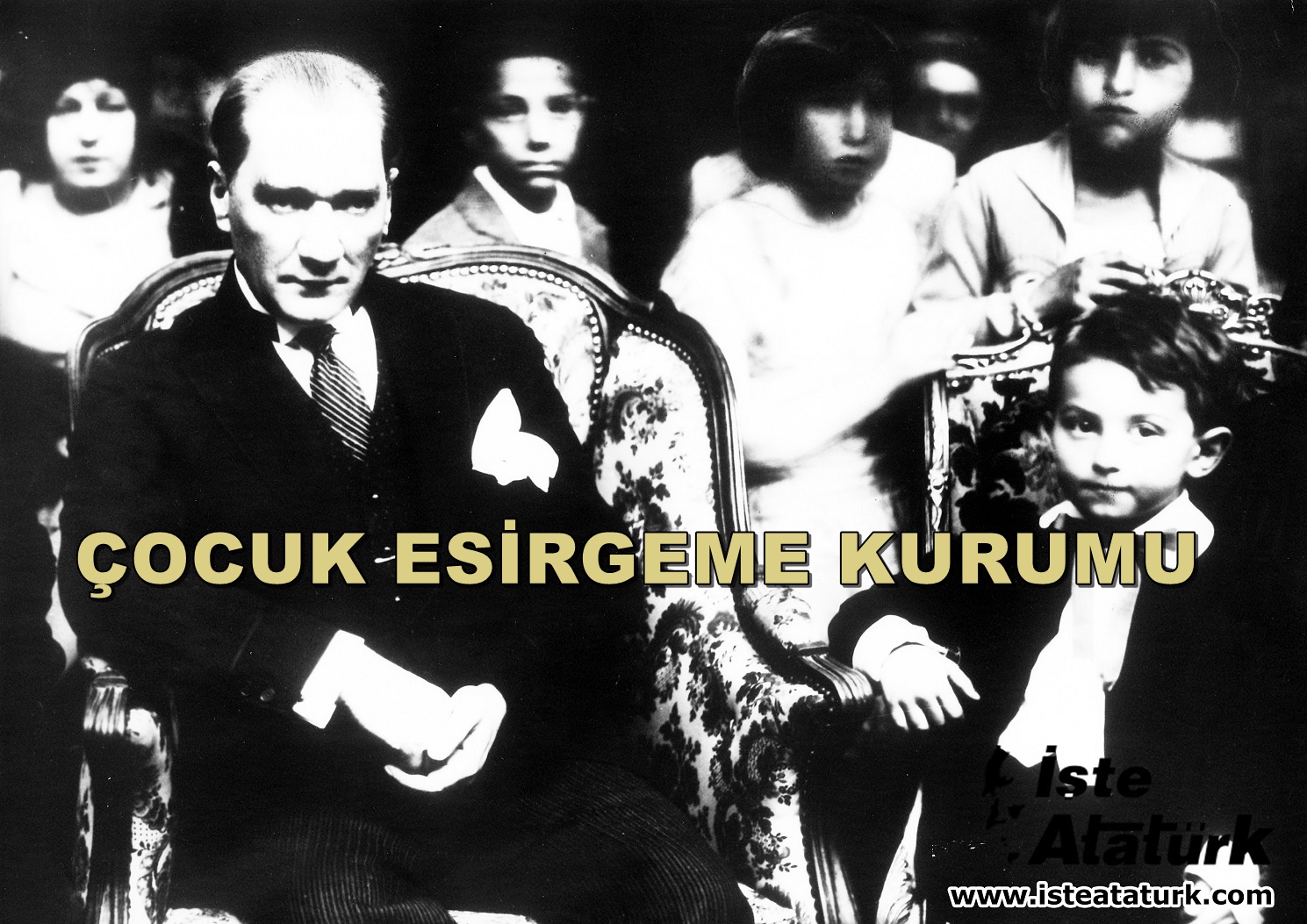
Child Protection Agency (Himaye-i Etfal Society)
Character Size
Child Protection Agency (Himaye-i Etfal Society)
CHILD PROTECTION INSTITUTION (Himaye-i Etfal Society)
During the days of the War of Independence, every man holding a gun is at the front in Ankara as well as in the whole country. Mothers also carry ammunition and food to the front, either on their backs or with oxcarts. In the War of Independence, mothers covered the quilt they took from their child over the ammunition, saying, "The son is the property of the nation, so that it does not catch moisture".
The children behind the front also poured into the street. That's why the fathers who fought at the front and the mothers who carried ammunition to them were uneasy. Himaye-i Etfal (Child Protection Agency) started its work on October 1, 1921 in order to give them the opportunity to carry out their duties with peace of mind. Himaye-i Etfal Society became a door of trust, especially for orphans, during the days of the War of Independence.
As in previous years, Mustafa Kemal, who was the protector of orphan children, was also the founder and protector of Himaye-i Etfal. In those years, Mustafa Kemal Pasha considered the problem of children so important that he expressed this view and that the public should help the society as follows:
"Citizens are obliged to help Himaye-i Etfal, which is committed to protecting the children of the country."
The Turkish Grand National Assembly supported the Himaye-i Etfal Society with all its might in those years. Parliament has provided all kinds of opportunities for this society.
In particular, the Child Protection Agency, which takes care of children in need of protection and provides them with all kinds of opportunities, has been involved in many activities over the years. At the very beginning of these activities, he made great efforts to celebrate the 23 April National Sovereignty and Children's Day with enthusiasm at the country level.
The institution received the support of all state leaders of the period, especially Mustafa Kemal Atatürk. In addition to asking for the support of the citizens with the words "Citizens are obliged to help the Child Protection Agency, which is responsible for protecting the children of the country," Atatürk also expressed his support to the Institution in his own handwriting as follows.
The Presidency of the Turkish Grand National Assembly
Head Book
Paperwork and Recording Item
Piece
1143
Ankara
1.8,337
To the Presidency of Himaye-i Etfal Society Reverend in Ankara
I accepted the patronage of the Himaye-i Etfal Society Reverend with full pride, as the date and number one petition was requested by the alumni. I wish the society to be successful in its valuable and enlightening work, sir.
President of the Turkish Grand National Assembly
M.KEMAL
Varide number 2
When Atatürk's life is examined, it is seen that even in the worst conditions of the war years, he took care of children closely and took many children under his protection. A section in Atatürk's Diary is really interesting in terms of reflecting the situation in the country. November 9, 1916 "We saw many immigrants on the roads, they are hunting in Bitlis. A child aged 4-5 years old, hungry, miserable, doomed to death, left his parents on the road, a husband and wife chased after them. He followed them from 100 meters, crying. I blamed them for not accepting the child.
Mustafa Kemal Atatürk's interest in orphans during and after the War of Independence is seen both in the establishment of the Child Protection Agency and in his later works.
We see that Atatürk visited the dormitories where children in need of protection were housed during his country tours. During Atatürk's trip to Konya on April 2, 1922, he visited Darüleytam. Atatürk went to Dar'ül Eytam (Orphans' Dormitory) with his guests, and the sections with male and female orphans were visited separately and gifts were given to the children.
It is possible for us to multiply these examples. Gazi visited Adana Darüleytam on March 15, 1923. Mustafa Kemal Pasha visited Darüleytam in the İstasyon district in the evening. He loved the orphaned children there, and got information by asking questions about them.
In addition to giving gifts to many children and young people whom he met during his travels and studies, Atatürk requested in his will that Makbule, Afet, Sabiha Gökçen, Ülkü, Rukiye and Nebile be given a pension as long as they live, and help for the higher education of İsmet İnönü's children. Abdürrahim, who is not included in the will, helped Afife and Zehra's education. During the First World War, Atatürk took the orphan Abdurrahim from Van, the orphan girl Afife from Bitlis, and Zehra, whom he had known while visiting the Darüleytami (Orphans' Dormitory) in Istanbul-Kagithane, as adopted children. To summarize, M. Kemal Atatürk emphasized the importance of the child cause in every environment and continued to provide guidance in services for children.
Little ladies, little gentlemen!
You are all a rose, star and light of prosperity of the future.
You are the ones to smother the country in light.
Thinking how important and valuable you are and work accordingly. We expect a lot from you. (Ataturk Album-1992)
The invitation to the circumcision ceremony held in Bolu and the text of the telegram he wrote in response to it, in order to indicate the importance Atatürk attached to the Himaye-i Etfal, are given below.
To the Chief Commander-in-Chief of the UN, Cânib-i Ali, Today, 186 children from the children of our martyrs who sacrificed their lives for the homeland and the country, and the offspring of our beloved soldiers at the front, were circumcised in the Hometown Hospital by the Bolu Himaye-i Etfal Society (Child Protection Agency). For this reason, the country was equipped, harmonica and drums, children were taken around in cars, and all of them were given a layer of clothes, shoes and various gifts, and they were given the necessary care and rest. I will.
Bolu Governor Fahri (Fahreddin)
M. Kemal Pasha gave the following response with the signatures of the UN Chief and Commander-in-Chief;
"To the Bolu Governorship,
Reply to telegram of 10 September 1921.
The circumcision of 186 children of martyrs and mujahideen by the Bolu Himâye-i Etfal Society and giving them clothes and gifts is something to be proud of. Thank you. More things like this are needed. I request that the relevant persons be notified."
In addition to the telegram above, which is an indicator of Mustafa Kemal Atatürk's importance to the Institution and to children, many sources appear in many sources, including children's holidays and his participation in the shows organized by the Child Protection Agency, and his wife Latife Hanım's support for the Institution's work.
In 1924, we see Mustafa Kemal among the statesmen who signed the first Progressive Declaration of the Rights of the Child (the five-point Geneva Declaration of the Rights of the Child, prepared in 1924 by the Society i Akvam at that time).
The Geneva Declaration of the Rights of the Child is the first international convention for the protection of children.
In the Geneva Declaration; It was stated that children should be allowed to develop naturally, fed hungry children, treated sick children, protected abandoned children, given priority to children in case of disaster, protection of children against all kinds of abuse and educated in a sense of brotherhood.
Source: 1- A A M Atatürk’te Çocuk Sevgisi, Cemil Sönmez, 2004 Yılı, ISBN: 975-16-1746-4. Sayfa: 27-33
2- www.shcek.gov.tr
